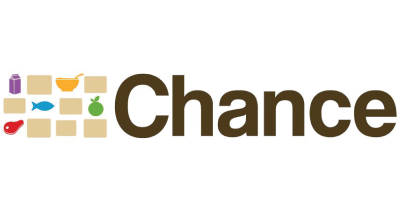Establishing an environment that supports positive health behaviour and healthy lifestyle (HELENA)
Last Updated : 04 April 2006The HELENA research consortium believes that the key to health promotion and disease prevention in the 21st century is to establish an environment that supports positive health behaviour and healthy lifestyle. Despite scientific advances, non-communicable diseases are still the most common causes of morbidity and mortality in Europe. Most of these diseases have their origin during childhood and adolescence but the relationship between the development of non-communicable diseases and the adolescence process is poorly understood.
The interactions between the environment, the genetic predisposition and growth in children and adolescents have not been studied yet. Adolescence is a crucial period in life and implies multiple physiological and psychological changes that affect nutritional needs and habits. Many healthy (or unhealthy) life-long habits begin in adolescence. The HELENA project, funded by DG RESEARCH, will provide, for the first time in Europe, harmonised and comparable data about food intake among male and female European adolescents using computer-based dietary assessment tools.
The following aspects will be studied in the 3-year project:
- Dietary intake, nutrition knowledge and eating attitudes;
- Food choices and preferences;
- Body composition;
- Plasma lipids and metabolic profile;
- Vitamin status;
- Immune function related to nutritional status;
- Physical activity and fitness; and
- Genotype (to analyse gene-nutrient and gene-environment interactions).
The requirements for health promoting foods will also be identified, and several sensory acceptable products for adolescents will be developed.
Both scientific and technological objectives should result in reliable and comparable data of a representative sample of European adolescents. This will contribute to understand why health-related messages are not being as effective as expected in the adolescent population; and to propose a realistic intervention strategy in order to try to achieve the goals of understanding and effectively enhancing nutritional and lifestyle habits of adolescents in Europe.



